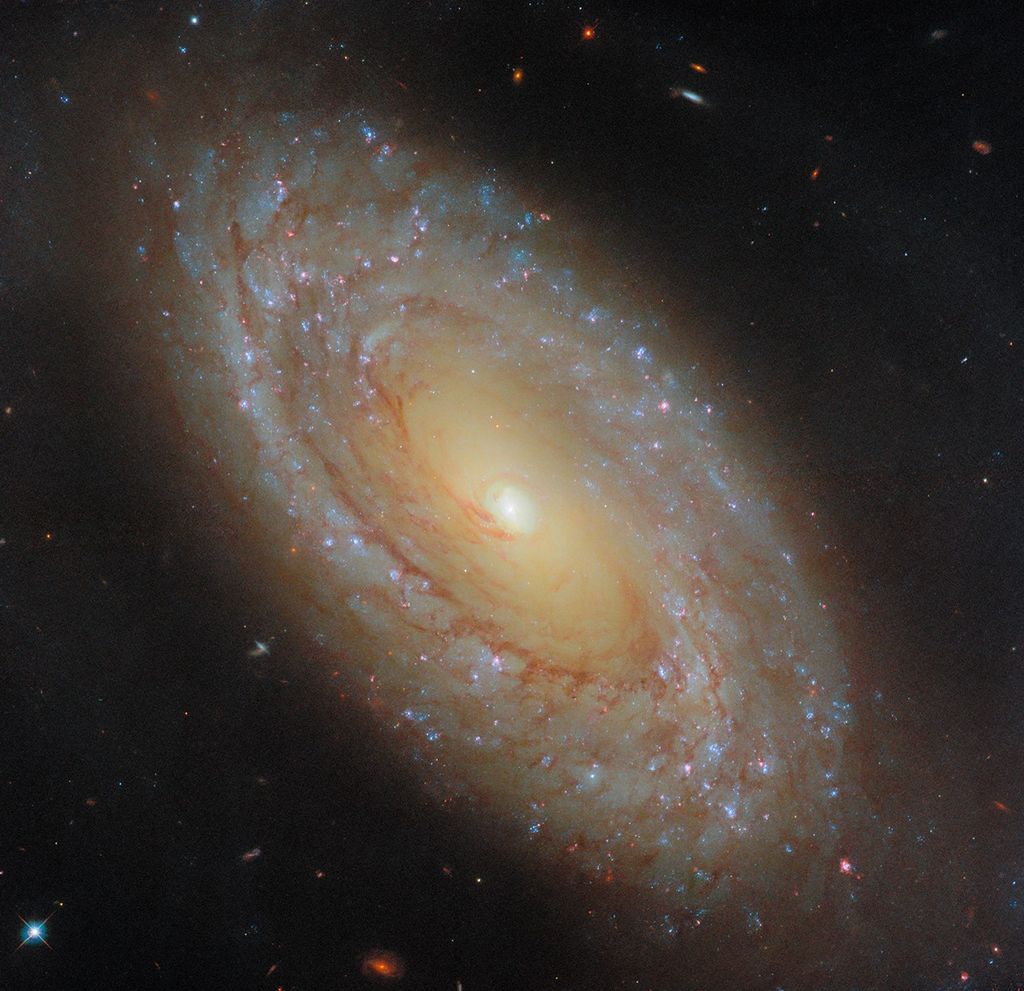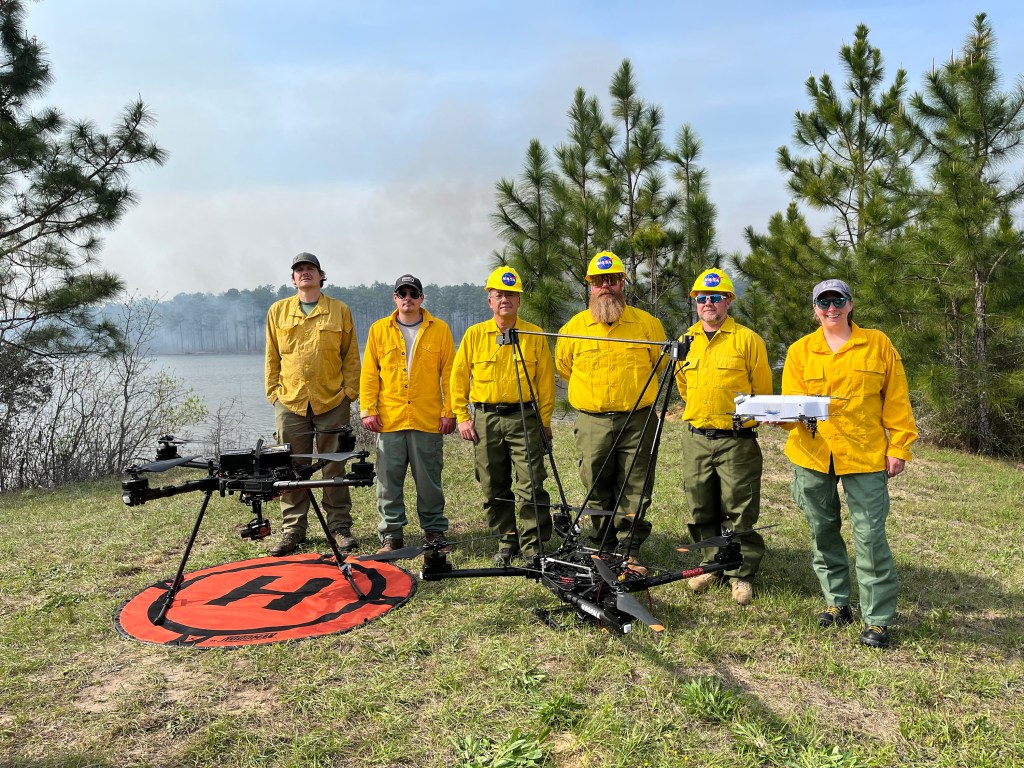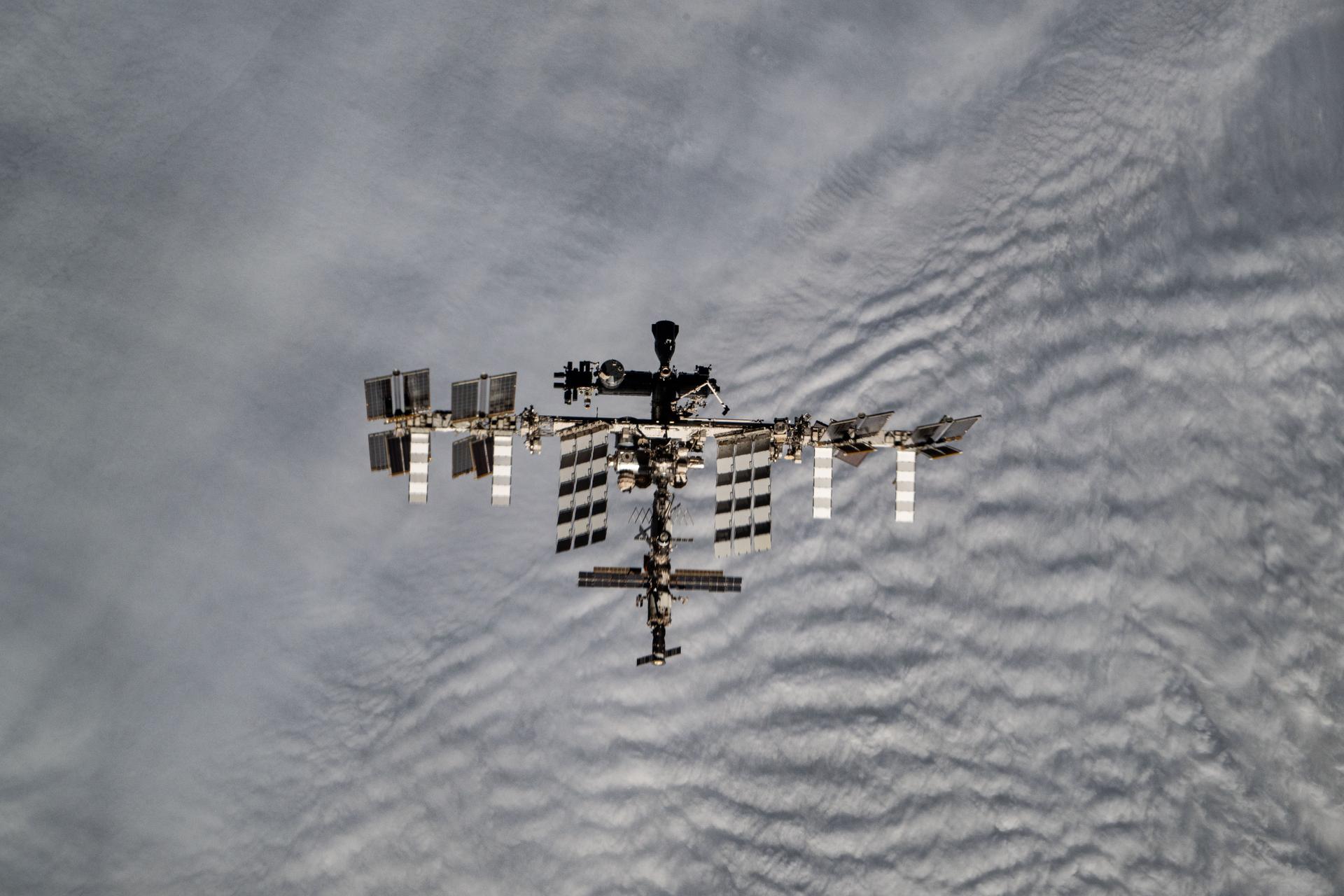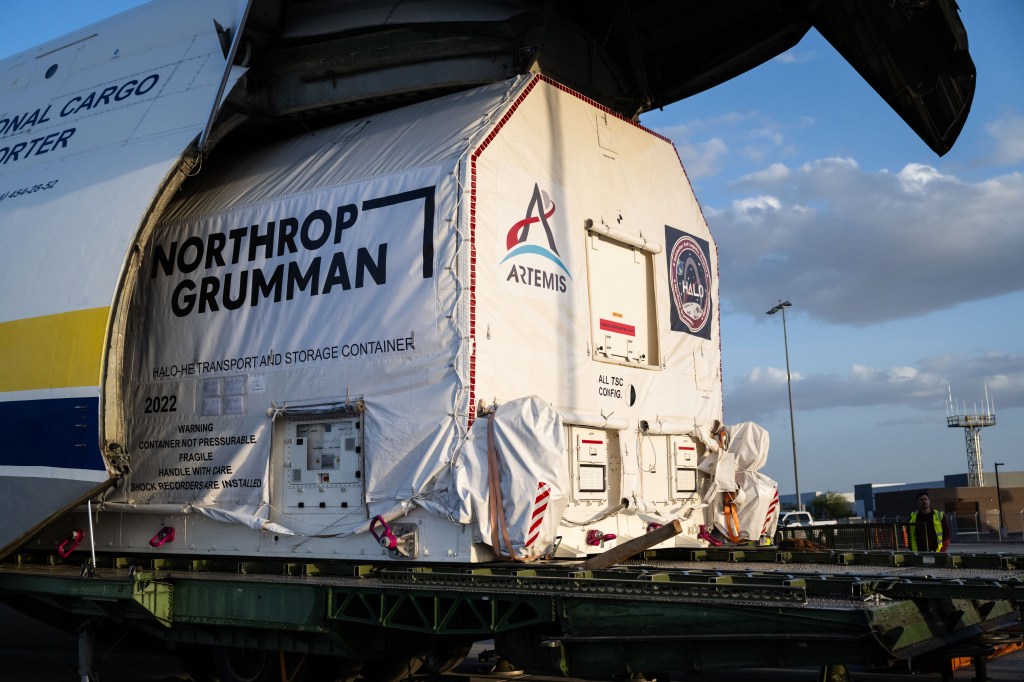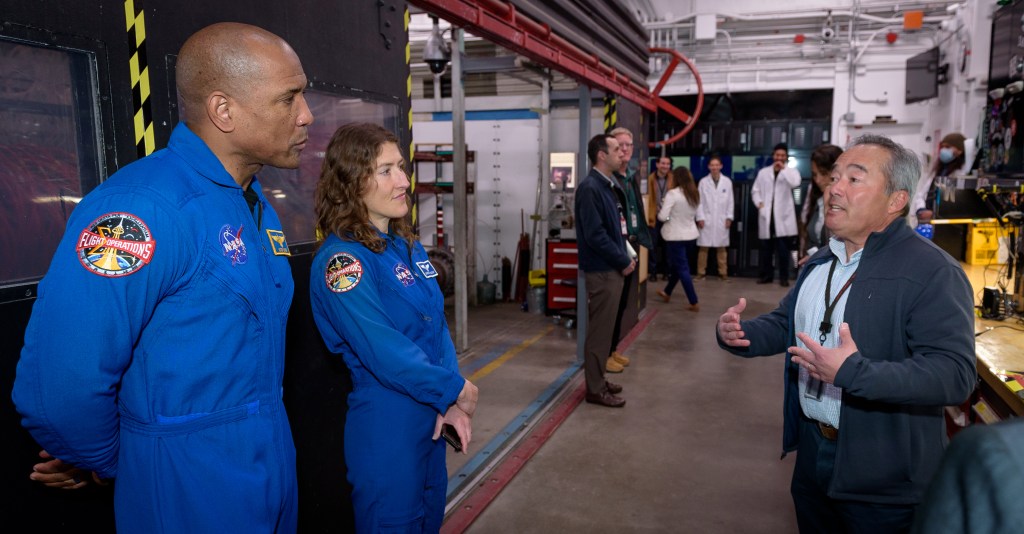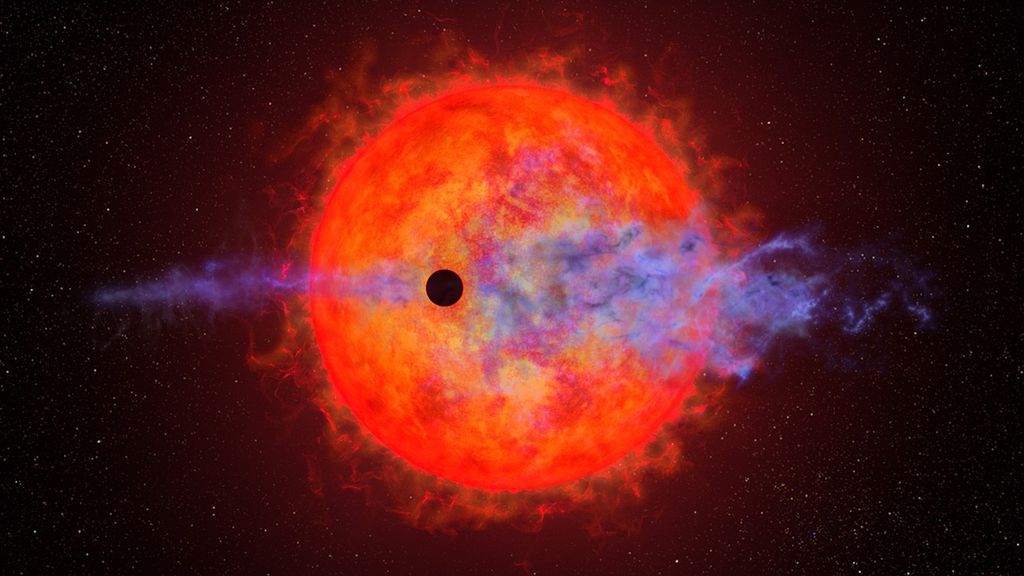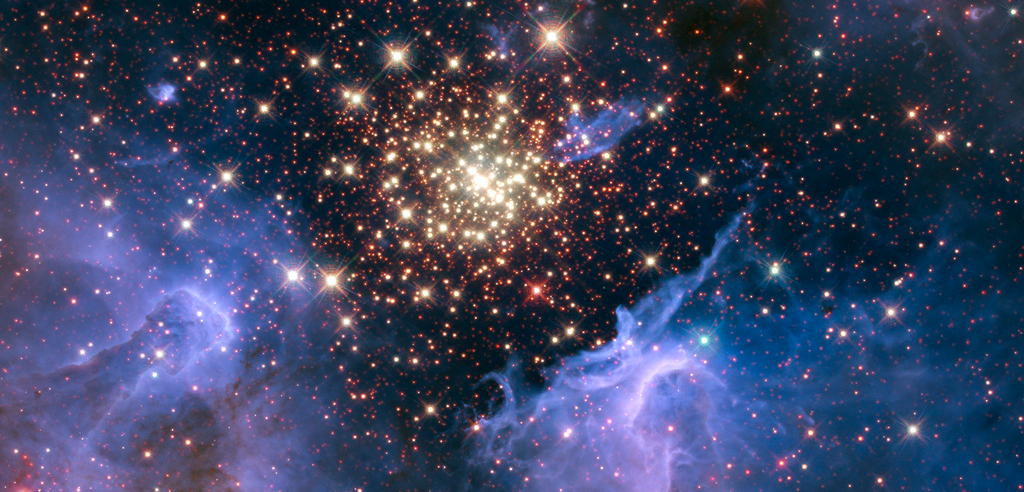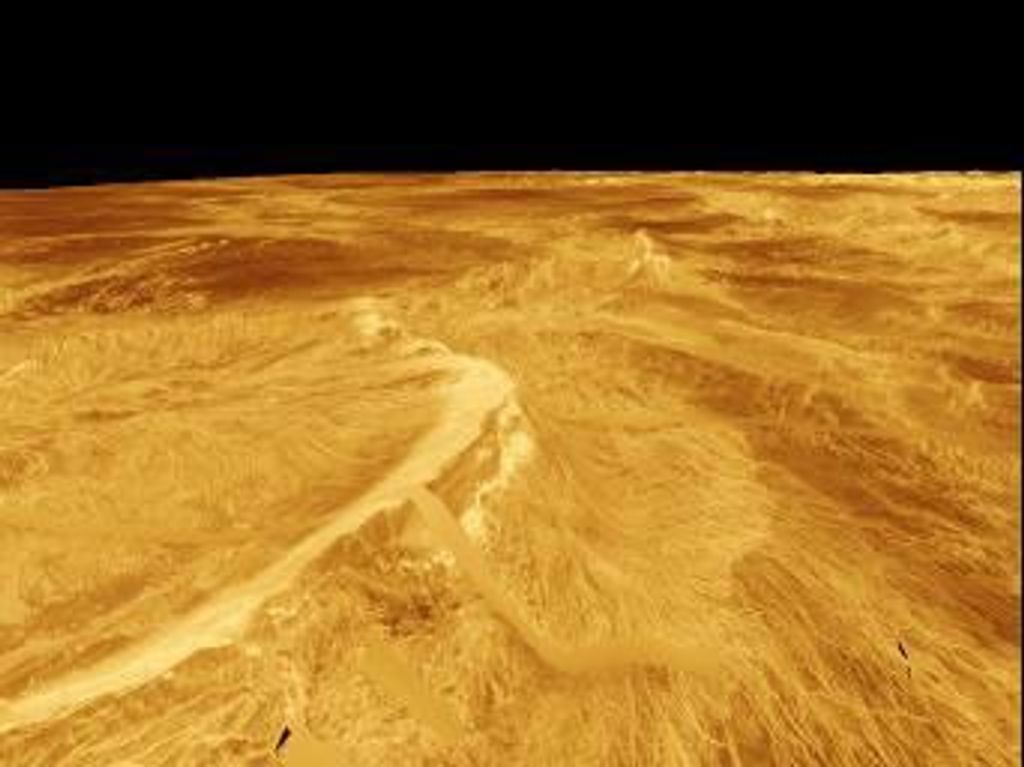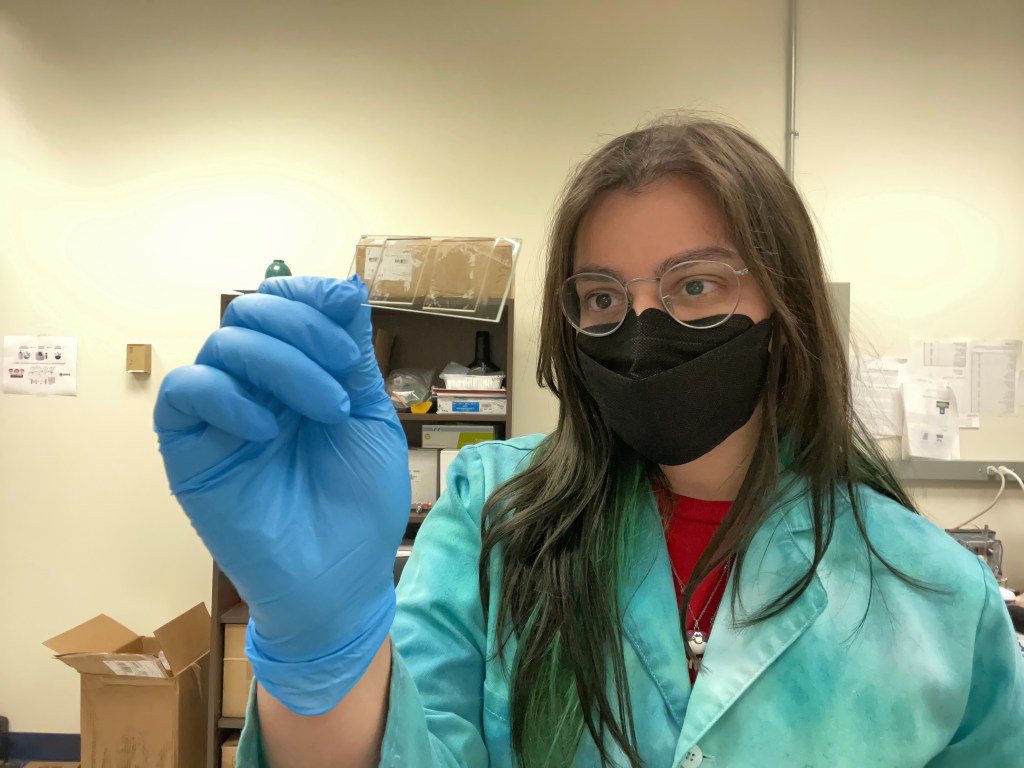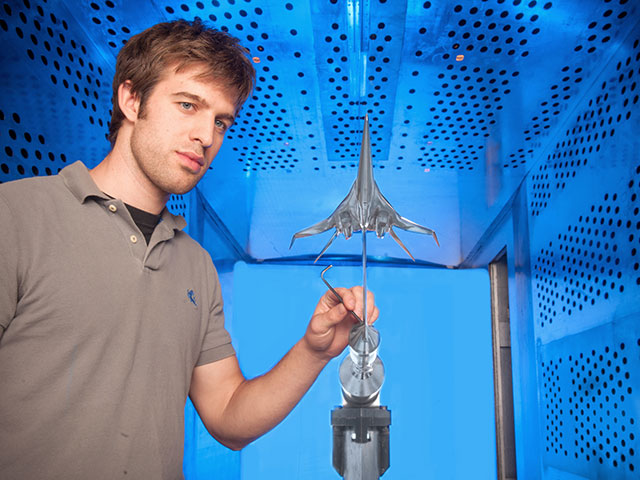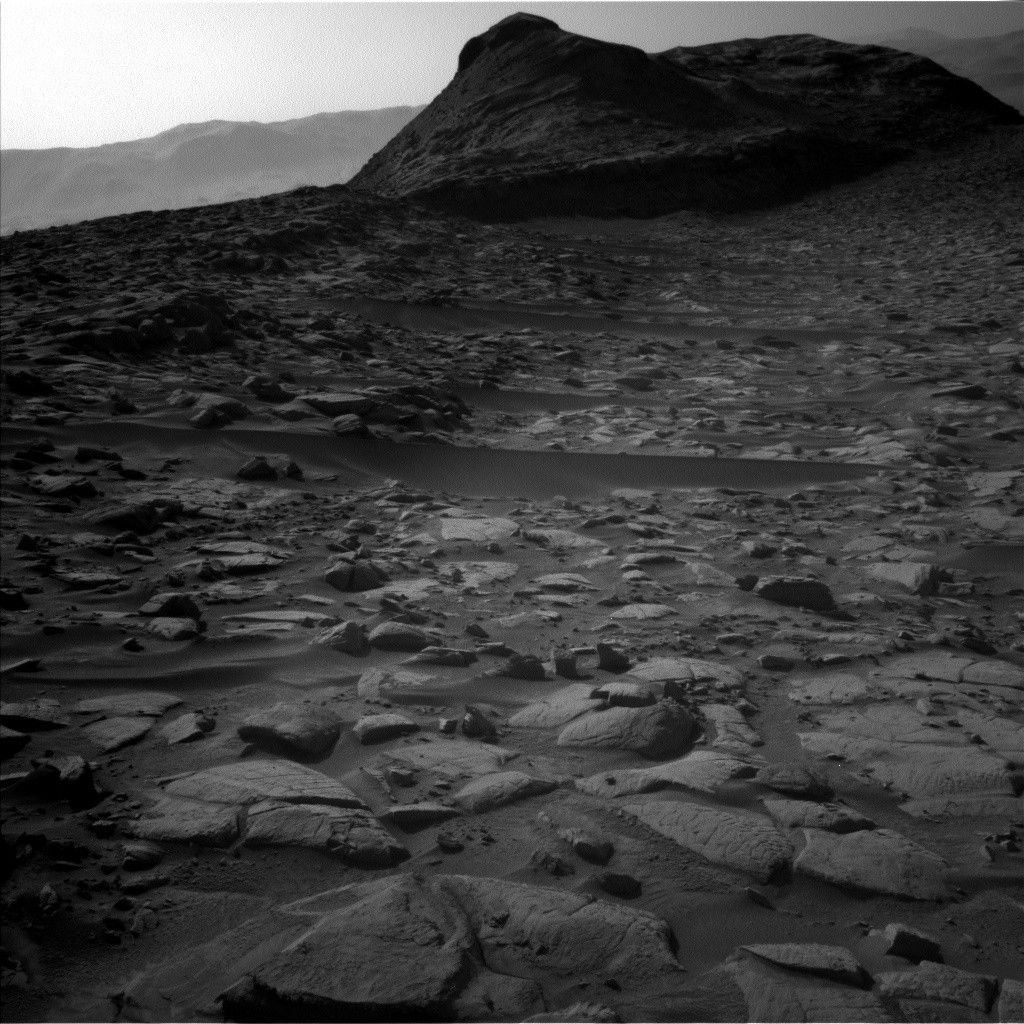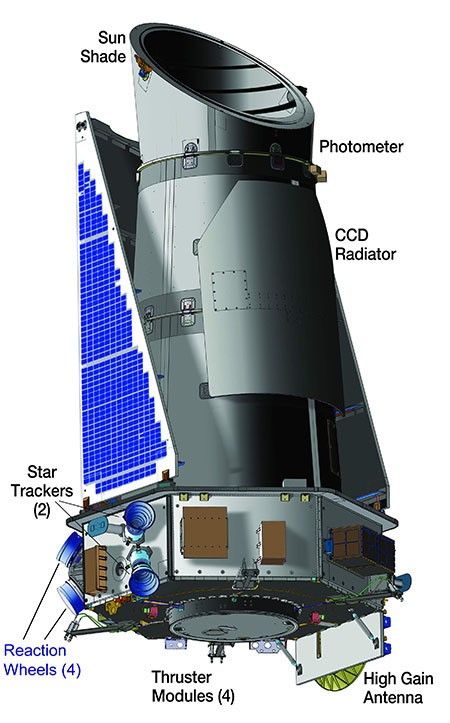Kepler Spacecraft
| Credit | NASA/Kepler/Ball Aerospace |
|---|---|
| Language |
|
Data from the individual pixels that make up each star of the 100,000 main-sequence stars are recorded continuously and simultaneously. The data are stored on the spacecraft and transmitted to the ground about once a month.
The spacecraft provides the power, pointing and telemetry for the photometer. Pointing at a single group of stars for the entire mission greatly increases the photometric stability and simplifies the spacecraft design. Other than the small reaction wheels used to maintain the pointing and an ejectable cover, there are no other moving or deployable parts The only liquid is a small amount for the thrusters which is kept from slosh by a pressurized membrane. This design enhances the pointing stability and the overall reliability of the spacecraft.

